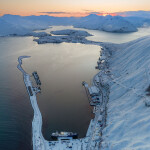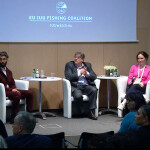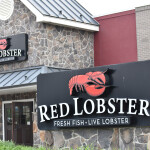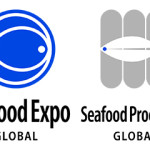The European Union’s adoption of a regulation setting autonomous tariff quotas (ATQs) for certain fishery products caught by member states for the years 2019 and 2020 will put pressure on European producers’ prices and employment while getting better prices for non-E.U. seafood, claims Europêche.
Species such as tuna, pollack, cod and flatfish are covered by the new ATQ regulation, but the E.U. fishing body said that volumes of these fish can be imported from non-E.U. countries with reduced or zero-duty tariffs.
It highlighted that while in 1992 just six species representing 43,000 metric tons (MT) were granted reduced import duties, last week, the E.U. granted a zero-duty tariff to more than 15 species.
Consequently, Europêche has calculated that up to 750,000 MT of fish will benefit from the scheme and enter European markets “regardless of their origin, way of production, sustainability of the stock, labor standards or even if the third-country has been identified by the EU for illegal, unreported and unregulated (IUU) fishing.”
This “growing trend” translates into a loss of direct income for the E.U. which must be compensated by other financial means such as European taxpayers’ money, it said.
Europêche stressed that it is not opposed to a rational tariff-free setting for fishery products that are not sufficiently produced in the E.U., but added that domestic fish stocks had recovered over the last decade, which has led to an increase in the E.U.’s fishing fleet catches and that these landings were now meeting the needs of domestic processors.
Javier Garat, president of Europêche, added that it is “paramount” that legal gaps in the current control regulation are addressed, along with improved sanitary controls and IUU inspections to ensure that fishery products entering the E.U. from third-countries are legal as well as sustainable.
“It is not acceptable that countries which are linked to IUU fishing and serious labor abuses benefit from preferential market access; it should be the opposite. The E.U. should have the ambition to step up its game and work [toward] achieving a true level playing field between E.U.-produced and third-country-produced seafood. The E.U. is sending the wrong message to the international community, rewarding those who have done little for sustainability of fish stocks and fair treatment of people,” he said.







